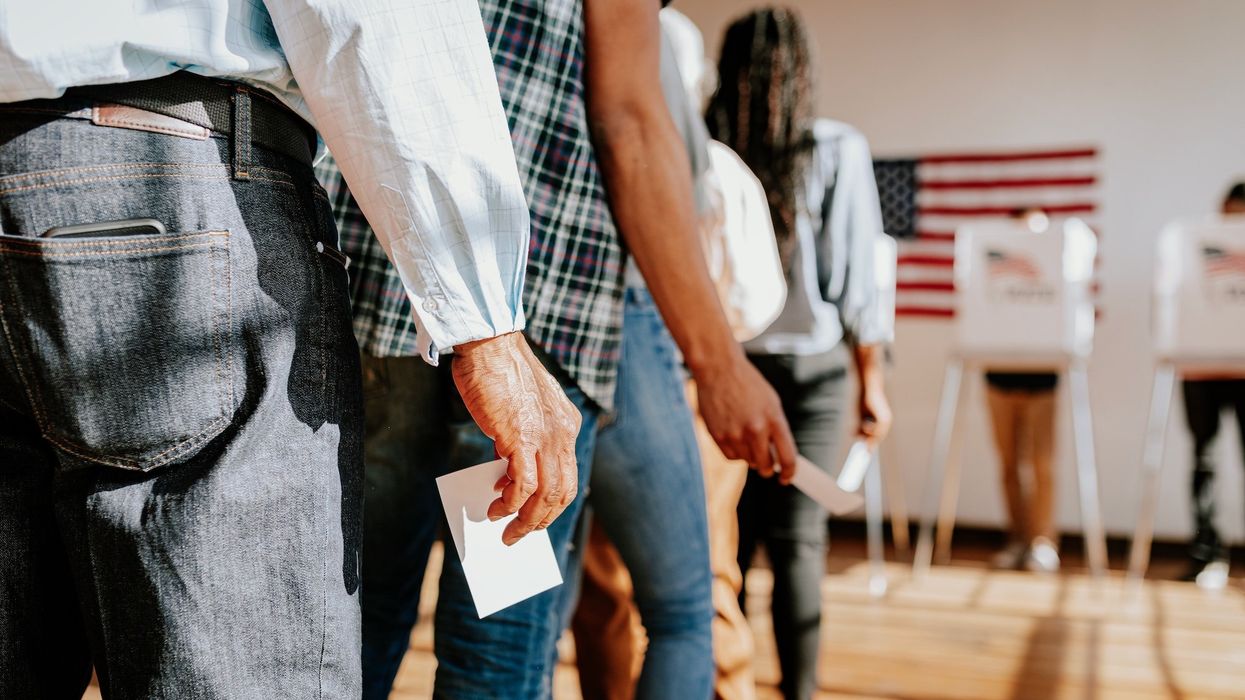Some Colorado lawmakers are scrambling to protect voter rights after President Donald Trump issued an executive order to require proof of citizenship to register to vote. They say the requirement would disproportionately affect low-income voters and people of color.
David Becker, executive director of the Center for Election Innovation and Research, said the language in the U.S. Constitution is very clear that the authority to run elections is delegated to individual states.
"Everyone - Republican, Democrat, liberal, conservative - wants to keep ineligible voters off the list. And there's always some value in discussing how to do it better," he explained. "Unfortunately that's not what this executive order does. It's really a remarkable seizure of power from the states."
Trump has cast doubt on the integrity of American elections for years, despite evidence that fraud is extremely rare. The new order claims the nation has failed "to enforce basic and necessary election protections," and would allow the Department of Homeland Security and 'DOGE' to access state voter rolls. Colorado Senate Bill 1 - which would bar voter discrimination based on race, sexual orientation or gender identity - has cleared the state Senate and now moves to the House.
Becker noted that Congress does have constitutional authority to change election rules, and did so most notably after passage of the 1965 Voting Rights Act. And in 2021, he says House Democrats passed a sweeping set of election reforms that ended up dying in the Senate.
"But at least that was done through congressional action. What we have here is an executive power grab - an attempt by the President of the United States to dictate to states how they run elections, how they should exercise the power that is granted to them by the Constitution," he continued.
Becker noted the new order suggests serious misunderstandings, intentional or not, about the nation's election system, which he says is secure. It's already illegal for non-U.S. citizens to vote, and voter lists are as accurate as they've ever been. More than 95% of all U.S. voters use paper ballots, which are available in all states, and ballots are audited to confirm results.
CO lawmakers work to protect voter rights after Trump elections order was originally published by the Public News Service and is shared with permission.
Eric Galatas is a producer at the Public News Service.




















